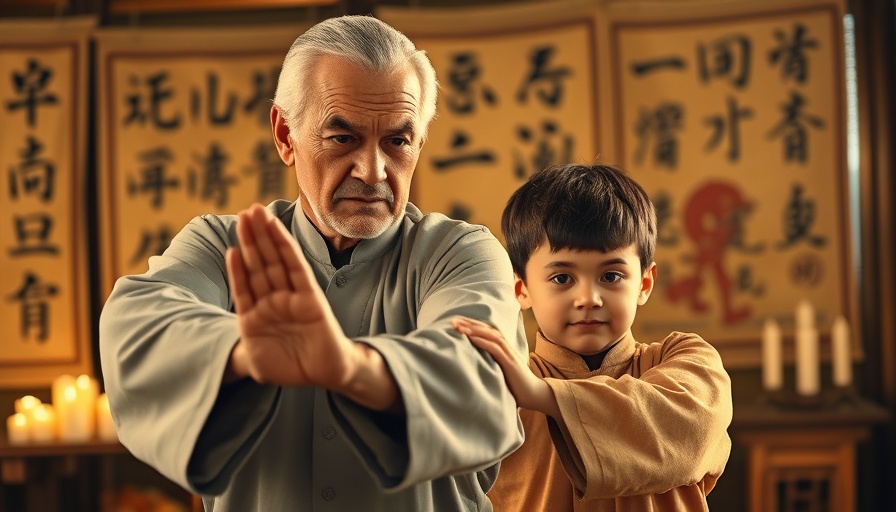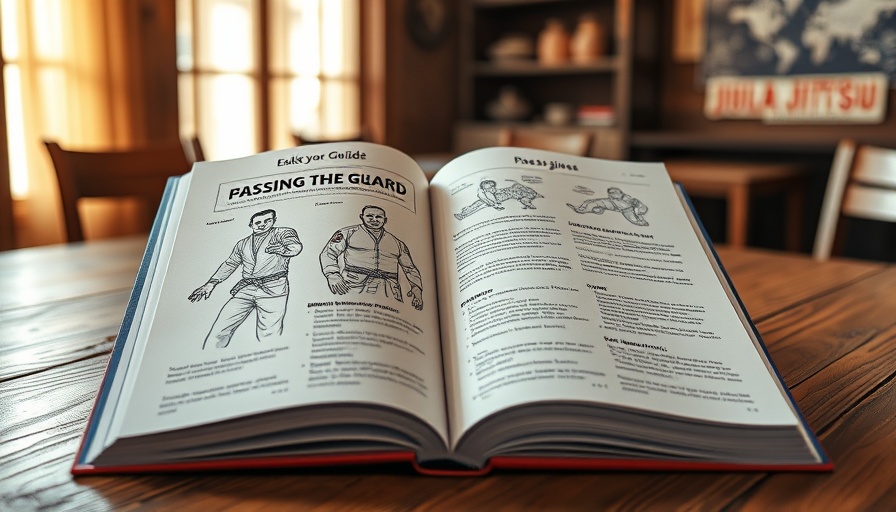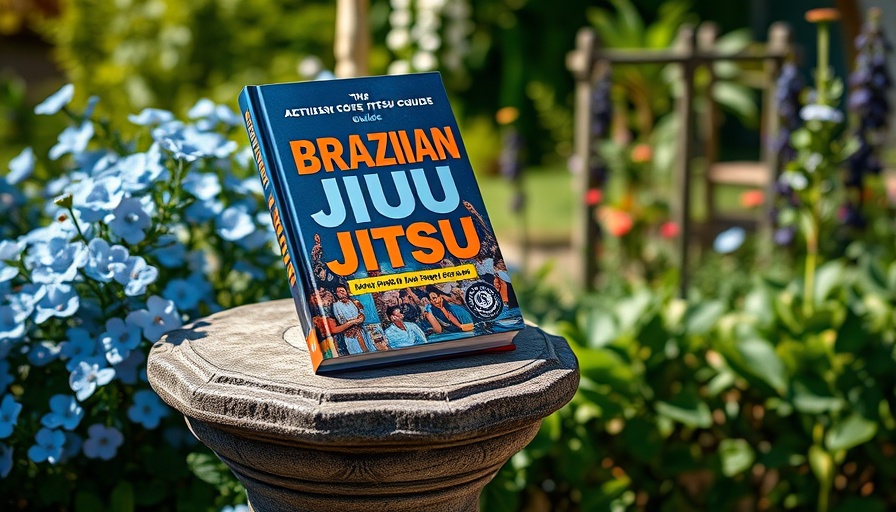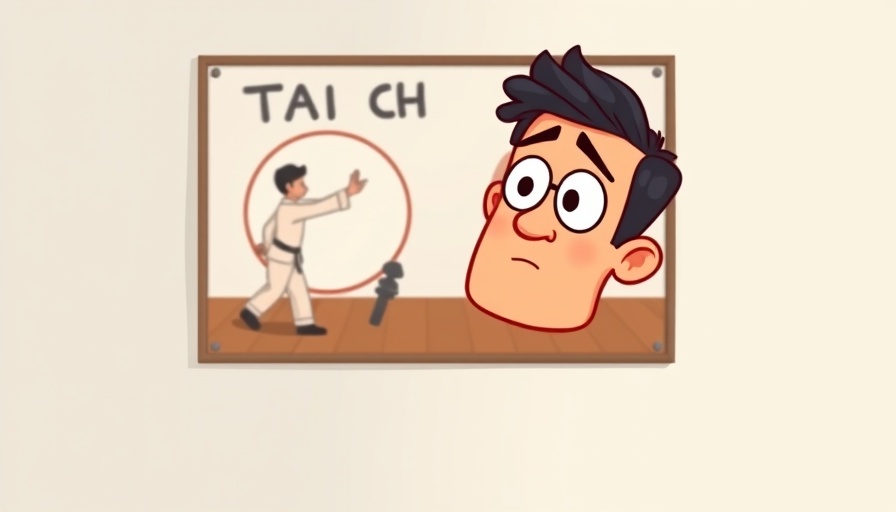
Understanding Jin: The Essence of Taijiquan
In the world of martial arts, the importance of understanding the concept of jin cannot be overstated, especially in the practice of taijiquan (tai chi). Jin, often translated as "refined strength" or "trained strength," embodies much more than just physical force. It’s about how energy is rooted and expressed through the body's movements and is fundamentally connected to how well martial artists manage their body weight and balance.
Fangsong: The Key to Relaxation and Flow
Alongside jin, another crucial term in taijiquan is fangsong, which means to relax. Many practitioners don’t realize how critical relaxation is to the effective use of force. By letting go of the upper body tension, movements become smoother and more powerful. The idea is to allow your energy, or Qi, to flow naturally to the ground. This process not only enhances performance but also significantly reduces the risk of injury. It’s essential to understand that the true martial artist's strength is in their ability to remain relaxed while executing movements, allowing for a greater connection with the ground and improved stability.
The Practical Application of Ground Force
Imagine you’re holding your laptop at your desk. While it may feel manageable, try to think about letting the weight of the laptop transfer through your arms into the ground. This mental shift can unlock a unique physical response within the body—an instinctive alignment and relaxation that optimizes your strength. This principle echoes through all martial arts but is particular to taijiquan, where groundedness leads to a much greater ability to redirect forces encountered in combat.
Cultivating Awareness through Intent (Yi)
In taijiquan, yi (often translated to "intent") plays a pivotal role. This mental aspect allows practitioners to focus their energy and direct force with clarity and purpose. By cultivating awareness of one’s own body mechanics and intentions, martial artists can enhance their ability to feel and understand the nuances of force. Developing yi not only improves performance in martial arts but also fosters a deeper awareness of oneself, which can enhance overall health and well-being.
The Broader Implications for Martial Arts Training
Understanding concepts like jin, fangsong, and yi is vital for all martial artists, whether in traditional karate, taekwondo, or mixed martial arts. These principles transcend just taijiquan—they can improve strength, flexibility, and the execution of techniques across different martial disciplines. By applying these techniques, martial artists become not only fighters but also practitioners of mindfulness and body awareness.
Your Path in Gurnee's Martial Arts Community
As we delve into the world of tai chi and its applications, schools like Gruber's Karate in Gurnee offer an excellent opportunity to learn these intricate yet empowering skills. Here, students of all ages can explore martial arts that emphasize groundedness, relaxation, and intentional movement. Whether you're seeking self-defense classes or simply looking to enhance your fitness, Gruber's Karate ensures a welcoming, professional environment tailored to your needs.
Gurnee’s #1 martial arts school is enrolling new students—act fast, classes fill quickly! Email Sensei@gruberskarate.com, visit Gruber's Karate at 5725 Stearns School Rd, Gurnee, IL 60031, or call (224) 347-6655 to join the journey towards mastering the art of martial training.
 Add Row
Add Row  Add
Add 








Write A Comment